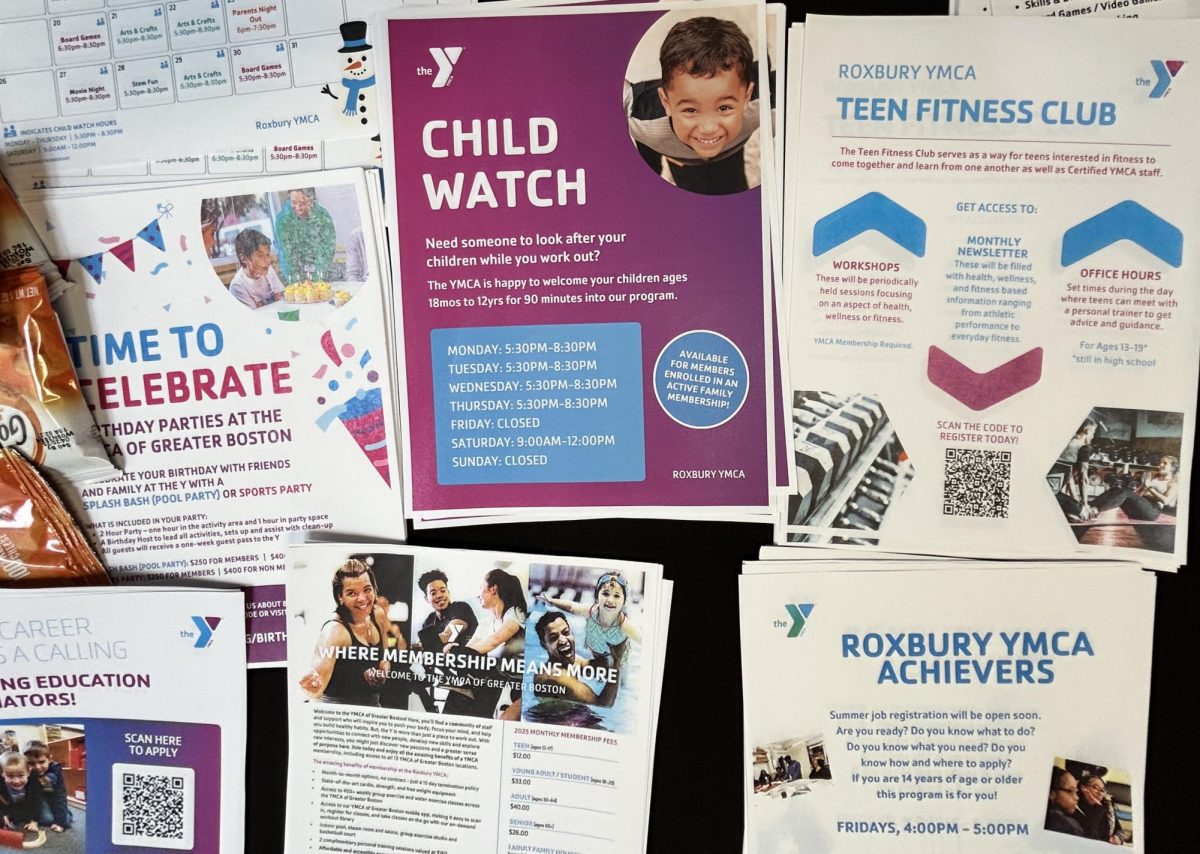An AI entrepreneur aims to use AI to rewrite classics for different reading levels
An artificial-intelligence (AI) entrepreneur in Cambridge wants to make classic novels, such as Mary Shelley’s “Frankenstein” and Jane Austen’s “Pride and Prejudice,” accessible to readers with varying literacy levels.
Ethan Pierce launched Adaptive Reader, his third startup, in July. The eight-employee company developed and uses an AI-assisted platform to reimagine classic novels into easily readable versions accessible to users down to a sixth-grade level.
“We take novels that we are able to rewrite,” said Pierce, 34, who noted that “Frankenstein” was rewritten from an 11th-grade to ninth-grade reading level. “We adapted the sentence structure and the vocabulary to students’ reading levels.”
Adaptive Reader has 14 books available through the public domain — literacy works whose copyright have expired, allowing public use — such as an anonymous Anglo-Saxon poet’s “Beowulf” as well as William Shakespeare’s “Hamlet” and “Macbeth.” Each book has two AI-rewritten versions: Silver, interpreted for a sixth-grade reading level and Gold, which is intended for the ninth-grade level. Readers can access the electronic books on the website, and printed versions are available for students and tutors.
The Scope sat down with Pierce to discuss the story of Adaptive Reader, its innovative AI product and the impact of this technology on the future of literacy education. The conversation has been edited for clarity and length.
How did you come up with this idea?
When I was at a tech company before this one, we would listen to teachers tell us how they have a reading range from fourth-grade level to pre-college level in one classroom. How are they supposed to get all students the same book and require them to engage with that book? So I came up with this idea.
What does Adaptive Reader do?
We are an AI-assisted reading platform that uses AI to generate rewritten versions of classic novels for readers. Readers can choose different versions according to their literacy levels. We want to make classic novels accessible to everyone with different literacy levels.
How does AI rewrite classic books from a technical perspective?
We use large language models and a series of prompts to train the AI. The AI takes the original text and rewrites the sentence structure and language to different reading levels. What makes Adaptive Reader unique is that we hire educators [to participate] in the model training.
Can rewritten classics still be classics? Does rewriting these stories take away from their value in literature?
I think the reason that these books are classics is because they have something that challenges us and makes us think about the world in a different way, rather than the language they used.
I often think about this question in terms of architecture. There’s a historic building, but it doesn’t have a ramp and someone in a wheelchair needs to get into it. Although adding a ramp may change the historic architecture of the building, it’s a critical accessibility feature. I would say that its accessibility is a fundamental right for everyone to be able to access from a building. We don’t change the content of our books or erase scenes or plots. I think we really try to stay true to the authors.
Will Adaptive Reader rewrite more books besides the classics?
Right now, we are only publishing books that are in the public domain, which are books that were written before 1927. We are in conversations with publishers to take their content and their existing IP (Intellectual Property) and apply this same sort of technology to that to make it possible.
Can rewritten versions benefit adult readers?
Yes. An educator said she has been teaching for three years and enjoys reading the gold version of “Frankenstein” more than the original. Another educator told us that she understood “Frankenstein” for the first time. That is really powerful that they also offer adult readers access to these stories, but without outdated and archaic language barriers.

Do you see there is a new trend of using AI in education?
There are so many AI startups that focus on AI assistants and AI tutors, [like] Chatbox. Within the classroom, I think Magic School AI is a great example of teaching tutoring. It allows teachers to create rubrics and comprehension questions. I think some of the biggest opportunities are in assisting educators with tasks that have taken an incredible amount of manual time (time that tutors spend on grading manually.)
What plans do you have for the future of Adaptive Reader?
One of the things that I’m most excited about is working with existing players in this space. We are focusing on these thick books right now, but there are so many needs beyond that, particularly when it comes to textbooks. For example, there are so many students struggling to learn because they are unable to fully engage [with] the language in that textbook.
To learn more about Adaptive Reader, visit adaptivereader.com.
Correction: A previous version of this story misquoted Ethan Pierce as saying “You would never change the historic nature of that building.” The statement should read “Although adding a ramp may change the historic architecture of the building, it’s a critical accessibility feature.” The story has been updated to reflect this correction.








